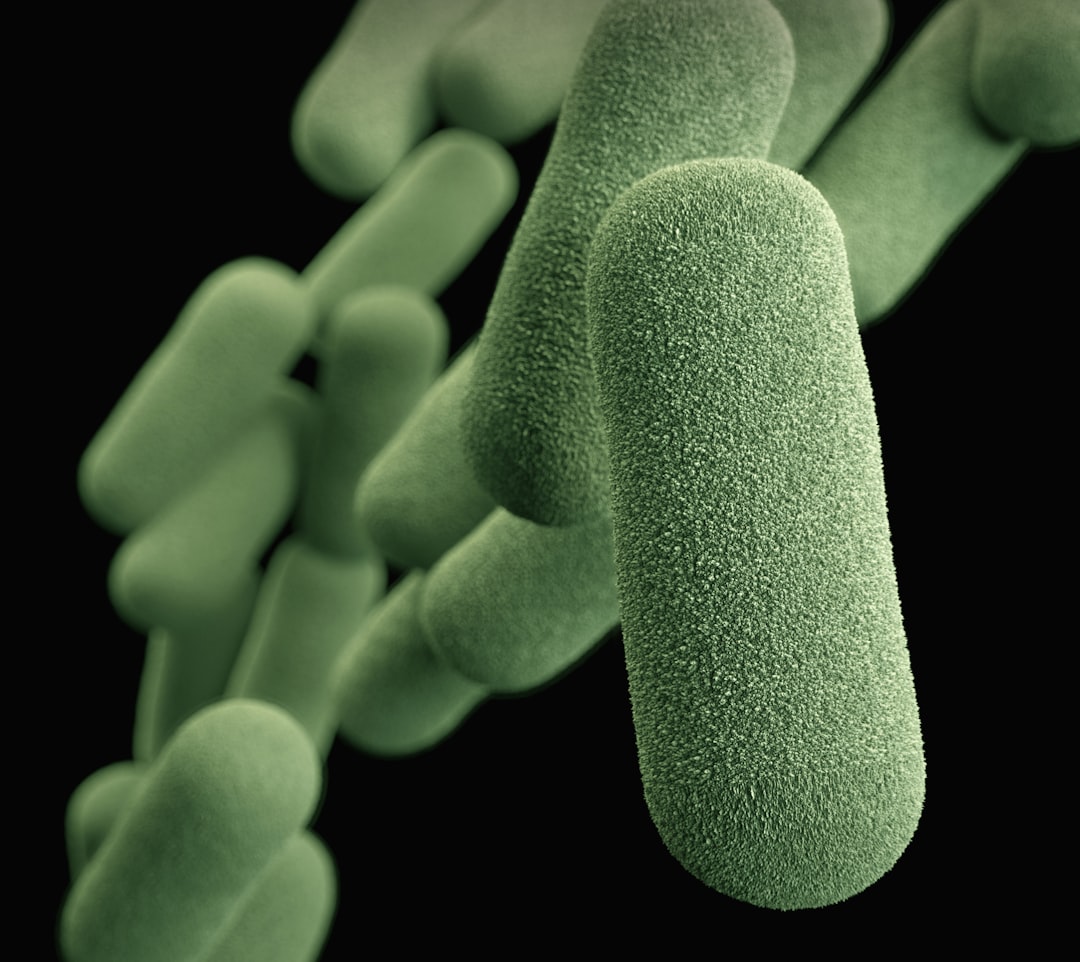What is it about?
We show that E. coli cells grown at 20 °C are more sensitive to UVR than cells grown at 37 °C. The analysis of knockout mutants demonstrates that cells impaired in recombinational DNA repair pathways show increased UV sensitivity at 20 °C. Cells with mutations in the nucleotide excision repair (NER) pathway genes are highly sensitive to UVR when grown at 37 °C and retain that sensitivity when grown at 20 °C, whereas wild-type cells are not sensitive when grown at 37 °C but become more sensitive to UVR when grown at low temperatures.
Featured Image
Why is it important?
The repair of DNA damage caused by ultraviolet radiation (UVR) is well understood in both lower and higher organisms. Genetic studies carried out at optimum temperature for growth, 37 °C in Escherichia coli, have revealed the major pathways of DNA repair. However, it was not known how the repair of UV damage is affected at cold temperatures. Our results show decreased survival of cells upon exposure to UV at 20 °C. We provide the genetic evidence that the UVR sensitivity of E. coli cells at low temperature could be due to impaired NER function.
Read the Original
This page is a summary of: Increased ultraviolet radiation sensitivity ofEscherichia coligrown at low temperature, Canadian Journal of Microbiology, May 2014, Canadian Science Publishing,
DOI: 10.1139/cjm-2013-0874.
You can read the full text:
Contributors
The following have contributed to this page










